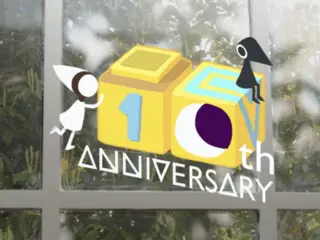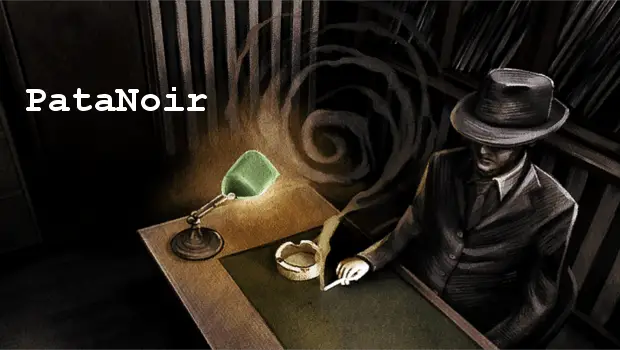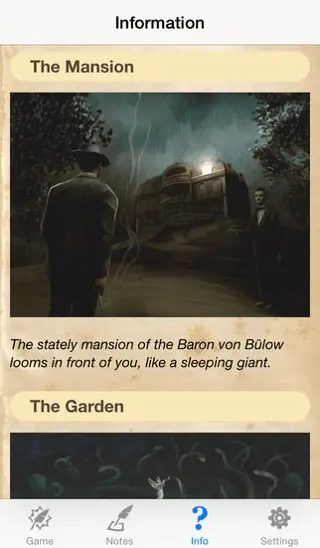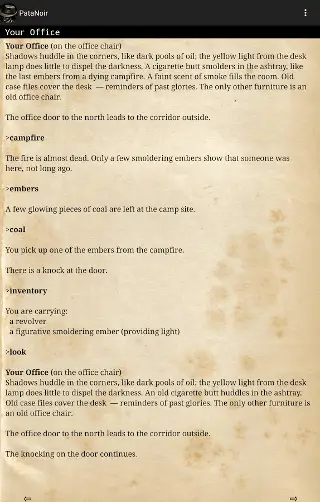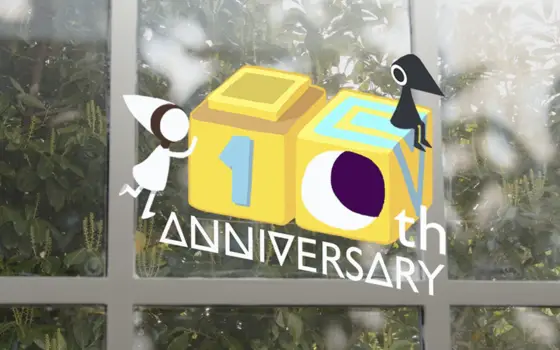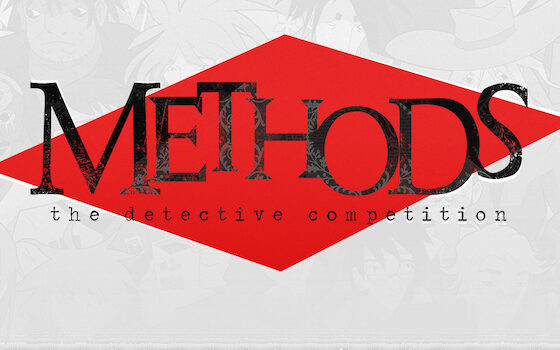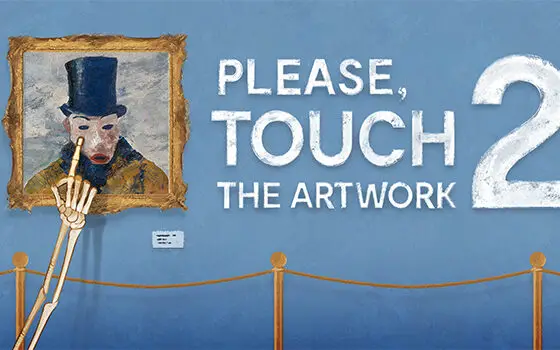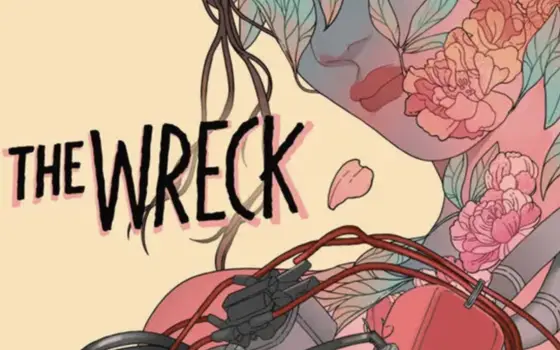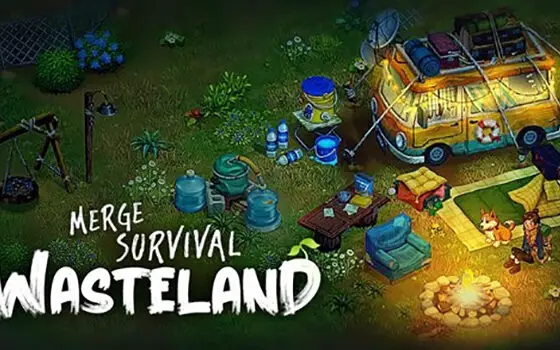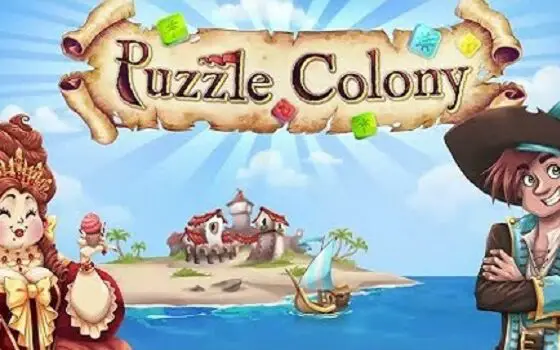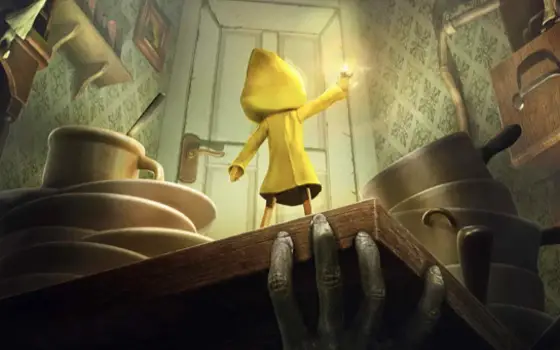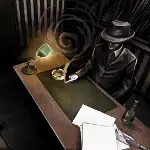 Noir film (and the games influenced by it) obviously owes much to pulp detective fiction. But one feature that rarely comes through in either is the obsession with flowery introspection. It makes sense, since film and games are mostly visual media. But by returning to the world of text, PataNoir finds an incredibly original way to poke at that language.
Noir film (and the games influenced by it) obviously owes much to pulp detective fiction. But one feature that rarely comes through in either is the obsession with flowery introspection. It makes sense, since film and games are mostly visual media. But by returning to the world of text, PataNoir finds an incredibly original way to poke at that language.
In PataNoir, you take the role of a private eye in a text-based world where everything is described in similes. This figurative language is not often seen in text adventures, because it is expected that most nouns can be interacted with.
And so, PataNoir allows that interaction. “Shadows fall across the room like pools of oil.” Why not pick up that oil? In this world, you can. By the end of the game, you’ll have an inventory full of “figurative” items, and you’ll have explored just as many figurative locations, often just in the contours of a person’s face.
Though PataNoir‘s premise is intriguing enough to attract a wide audience, the gameplay itself will unfortunately do little to help make newbies comfortable with text adventures. Phrasing can be hard to get right (“stab man” won’t work, but “attack man” will, assuming your knife is at the ready), especially when your figurative assistant, Mr. Wesson, comes into play.
Mr. Wesson, derived from a description of your trusty revolver, is truly unique mechanic in the game. Though most commonly used as a situational hint system, he can also help lift you to higher places, or cause distractions. It’s a shame, then, that he over complicates the syntax so much. By the time you need to start handing him items, you’ll have forgotten the tutorial that describes how.
This is even more tragic because I actually enjoyed him as a character and trusted him as an assistant. Perhaps it was because some clumsy puzzle design left me leaning on his hints, but when his part of the story came to a close, I was emotionally effected. We had been through a lot together, and I was sad to see him go.
Without Wesson, I simply would not have completed the game. Which brings me to the puzzles; as fascinating as it is to juggle the figurative and literal worlds, the game seems to take more pleasure in confusing you than in making you feel smart with a logical solution. Yes, PataNoir, the inclusion of both a literal and figurative knife is clever, but if the game can’t properly determine which I’m talking about, then we have a problem.
On top of this, I encountered a few buggy instances where I was able to interact with items that had not yet appeared, and some where Wesson’s hints would refer to puzzles that were already completed. If you ever find the game’s novelty wearing off, then these aspects will probably manage to drive you away from it.
Still, if you’re looking for a text adventure that justifies its pure-text existence in a very cool way, then PataNoir is worth a look. Explore the metaphors, consult with Mr. Wesson, and you’ll have a pleasant few hours. But if you’re looking for an Android puzzle game, you’ll likely develop your own colorful similes to describe the experience.
Is it Hardcore?
Hardcore?
PataNoir is well-written and original, but not exactly fun to play.








